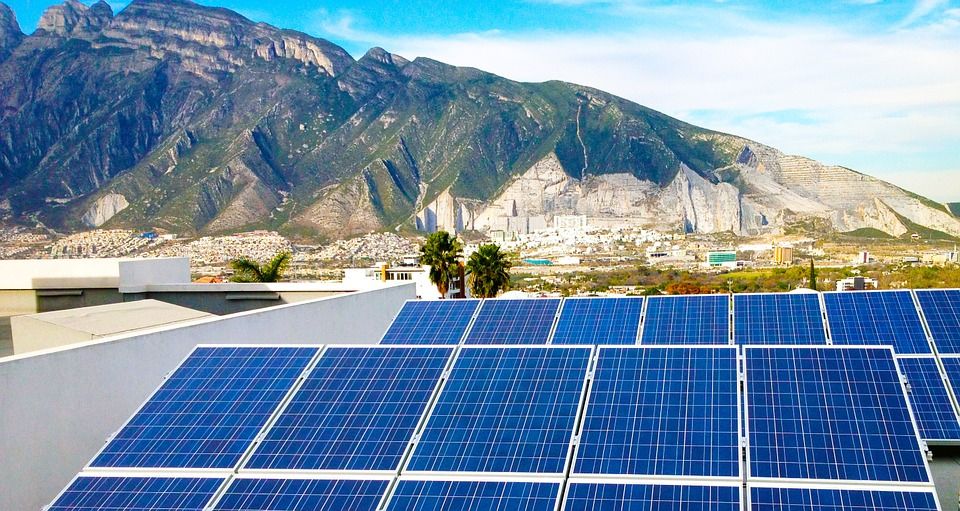Renewables fuelling the global energy transition
The third edition of REthinking Energy outlines key developments in the global renewable energy sector which, according to the report, can decarbonise the industry and improve billions of lives

The third edition of REthinking Energy outlines key developments in the global renewable energy sector which, according to the report, can decarbonise the industry and improve billions of lives.
The International Renewable Energy Agency (IRENA) report highlights how global investment in renewables has steadily grown for more than a decade, rising from under $50 billion in 2004 to a record $348 billion in 2015.
Adnan Z. Amin, Director-General of IRENA, said: “Renewables are gaining ground by nearly every measure. Accelerating the pace of the energy transition and expanding its scope beyond the power sector will not only reduce carbon emissions, it will improve lives, create jobs, achieve development goals, and ensure a cleaner and more prosperous future.”
To date, more than 170 countries have established renewable energy targets, with nearly 150 enacting policies to catalyse investments in renewables.
Global solar photovoltaic (PV) capacity increased from 40 GW in 2010 to 219 GW in 2015 and –according to the report, solar PV could account for as much as 7 per cent of global power generation by 2030.
Renewable energy auctions are gaining momentum in both developed and developing nations, producing record-low energy prices – at the end of 2016, at least 67 countries had held renewable energy auctions compared to just six in 2005.
The demand for battery storage for electricity could increase from under 1 GW today to 250 GW by 2030, according to IRENA projections.
In addition, the market value of battery storage is expected to climb from $2.2 billion in 2015 to $14 billion by 2020.
The report states that although the foundations exist for accelerating the global energy transition, but efforts need to step up to achieve long-lasting change.
Policy commitments will need to be strengthened, technological innovation fostered and additional investment catalysed in order to prepare new markets and drive down costs.
Amin said: “As we advance deeper into a new energy paradigm, we need to pick-up the pace of our decarbonisation efforts. Policies and regulations continue to remain crucial to this end and to develop the renewables market… Heating and cooling, and the potential of renewables for transport, are areas where future efforts are needed.”
The publication also highlights the importance of deploying off-grid renewable energy solutions for rural electricity provision.
Amin went on to say: “Achieving universal electricity access by 2030, will require us to boost global power generation — nearly 60 per cent of that will have to come from stand-alone and mini-grid solutions…Meeting this aim with off-grid renewables depends on the right combination of policies, financing, technology and institutional capacity. Making needed changes and accelerating deployment will allow countries to address global issues in sustainability, education, gender equality, health, water and food.”
To receive similar updates, sign up to our newsletter here.





_400_250_80_s_c1.jpg)
